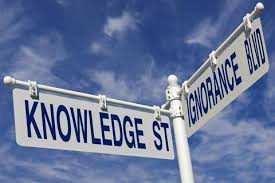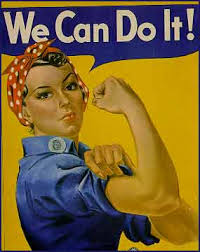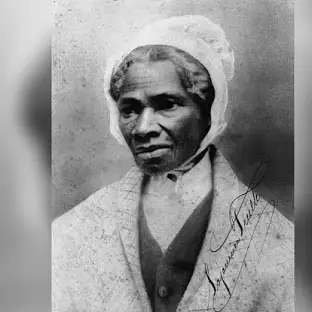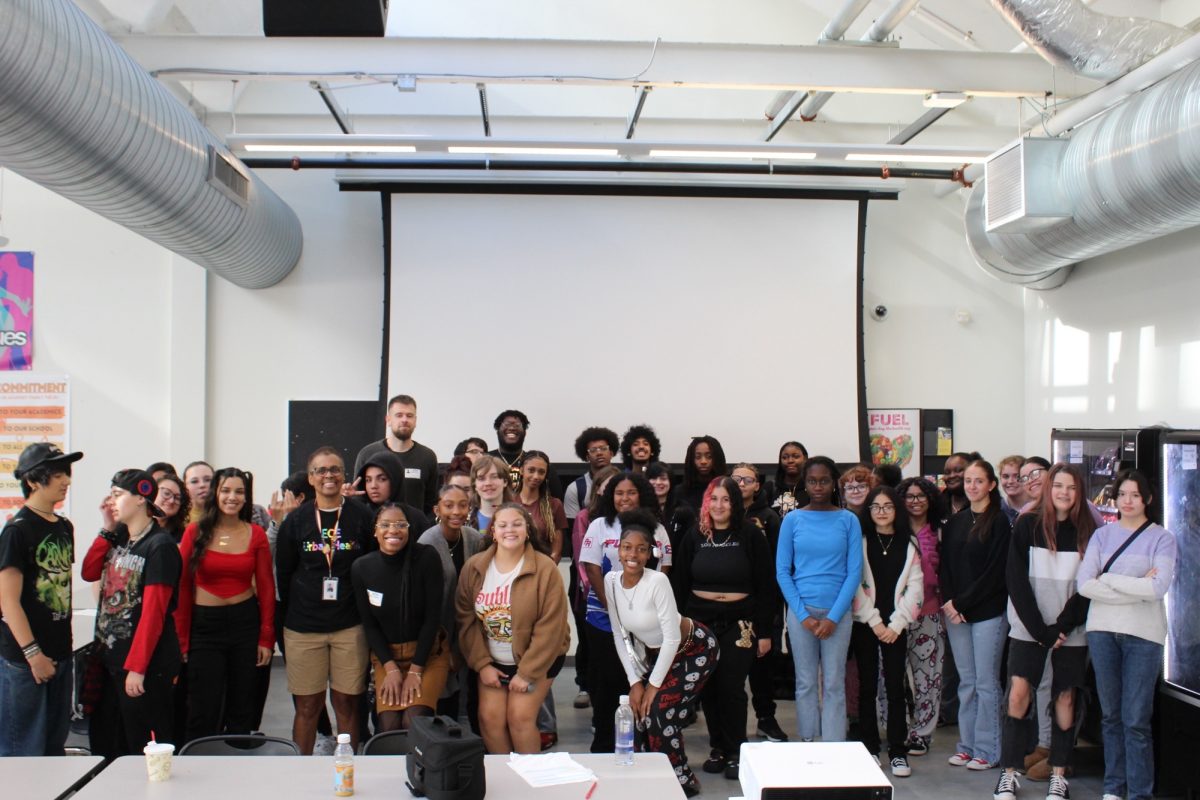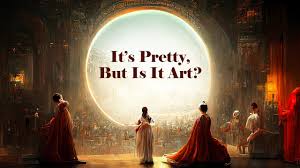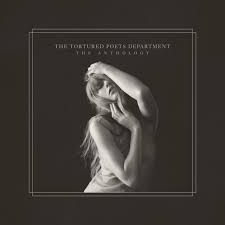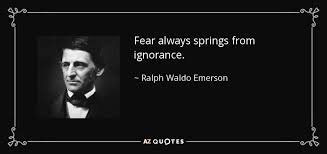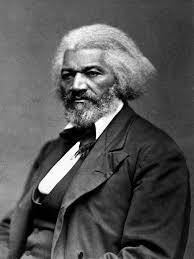
In 1852, activist and freed slave Fredrick Douglass was asked to give a speech to the citizens of Rochester, New York, celebrating their 4th of July Independence anniversary. In Douglass’s speech entitled “The Hypocrisy of American Slavery,” he created a contemptuous and serious tone, denouncing Americans and their hypocrisy for celebrating their freedom while they still held thousands of slaves in bondage. To support his claim Douglass exposed the criminality of their actions using the three major rhetorical appeals; ethos, logos, and pathos.
When Douglass begins his speech he establishes his ethos in an intricate and compelling way, by asking a question. He asks, “ …why am I called upon to speak here today? What do I or those I represent have to do with your national independence” (Douglass, 1)? Unlike a rhetorical question, which is used primarily for effect, Douglass is making a general and serious statement. Although doing so may at first seem wildly inappropriate, instead it highlights the conduct of Douglass’s character; honesty and integrity. He continues by inquiring,“ Do you mean, citizens, to mock me, by asking me to speak today? If so, there is a parallel to your conduct. And let me warn you that it’s dangerous to copy the example of a nation whose crimes were thrown down by the breath of the almighty” (Douglass, 3). In this statement Douglass is renouncing them for asking him, a freed slave, to speak on their celebration of white American freedom. He also makes a biblical allusion to the tower of Babylon, this is significant because he’s saying you’re following the path of someone who led themself to failure. This establishes Douglass’s ethos because it shows that he is unwavering in his morals and beliefs, and righteous within his faith.
Douglass strengthens his argument through his use of logos. Rather than trying to prove slavery is wrong, he illustrates that his adversaries have already proven it in their actions. He inquires, “Must I undertake to prove the slave is a man? The slave owners themselves acknowledge it when they punish disobedience on the part of the slave. There are 72 crimes in the state of Virginia which, if completed by a black man, subject him to the punishment of death; while only two of these same crimes subject a white man to like punishment. What is this but the acknowledgment that the slave is a moral, intelligent, and responsible being” (Douglass, 8)? Frederick argues that the slave is a man by using the counterargument. Slaves, who are thought not to be moral and intelligent beings, are often severely punished, especially for minor crimes. If slave owners punish their slaves for disobedience in doing so, they acknowledge the slave’s intelligence in doing something they shouldn’t be. You don’t punish an animal for running off because they have no instinct to know what it is they’re doing or why it’s wrong. If you did, you’d be proving that said animal has some knowledge of what they did to receive punishment and not do it again. Douglass supports his argument by saying “ Is it not astonishing that, while we are plowing, planting, using all kinds of mechanical tools, erecting houses, constructing bridges… while we are reading, writing, and ciphering… having among us lawyers, doctors, ministers, poets, authors, editors, orators, and teachers… – we are called upon to prove that we are men” (Douglass, 10)? Again Douglass ties back into his initial claim of American hypocrisy. If slaves are out in the world working the same exact jobs as Caucasians why is it that one is considered human and the other isn’t? The significance of Douglass’s use of logos is that Americans themselves have already proven his claims: their outstanding use of hypocrisy constantly holds them in contempt for their actions.
The last thing that makes Douglass’s argument strong is his use of powerful connotative diction and how it connects to pathos. Douglass’s distinct word choice creates a mournful tone forcing his audience to recognize the callousness of their actions. This is established through Douglass saying, “ Fellow citizens, above your national, tumultuous joy, I hear the mournful wail of millions, whose chains are today rendered more intolerable by the jubilant shouts that reach them. To forget them, to pass lightly over their wrongs and to chime in with the popular theme would be treason most scandalous and shocking, and would make me a reproach before God and the world” (Douglass, 10). Christianity was a major part of life in the 1960’s. Your faith was of the highest importance. When Douglass says these actions of conformity would make him a reproach not only before the world but, before God; imagine what it would mean for those who claim to be Godly but participate in this injustice. Douglass continues this when he explains what he’d do to the nation for their crimes: “Oh! Had I the ability, and could I reach the nation’s ear, I would today pour out a fiery stream of biting ridicule, blasting reproach, withering sarcasm, and stern rebuke. For it is not light that’s needed, but fire; the hypocrisy of the nation must be exposed; and its crimes against God and man must be denounced” (Douglass, 14). The significance of this quote is that Douglass is saying that after what they’ve done there is no hope anymore, no chance for redemption. This established pathos because it shows the criminality of a crime so heinous that God wouldn’t approach you and you couldn’t be redeemed.
Douglass’s speech against the revelers’ hypocrisy was so effective because he established his credibility, showed us their hypocrisy, and demonstrated the inhumanity of their actions. When Douglass was asked to speak in front of them, he didn’t change his perspective or conform to pacify his audience, he acted as himself and scolded them. He didn’t try to find new arguments to prove why slavery was wrong, he showed us that slave owners already knew that; proving their deception. Finally, he showed us the vanity of their actions and the effect on slaves as they celebrated their freedom but still held others in bondage. Douglass’s speech was so effective because he used ethos, logos, and pathos, to demonstrate the hypocrisy of celebrating a nation’s freedom while still having slavery within that nation. He exposed American criminality and injustice.





